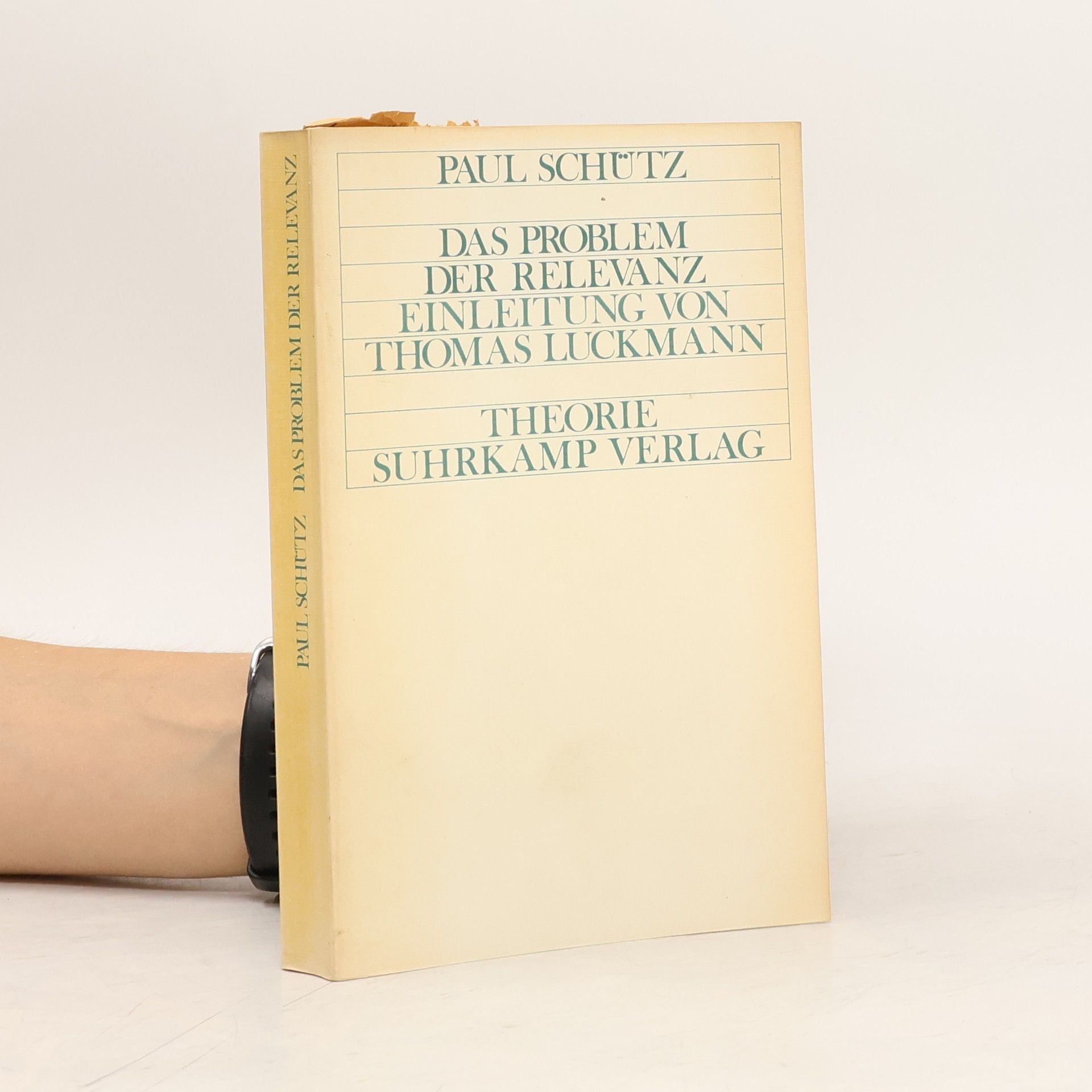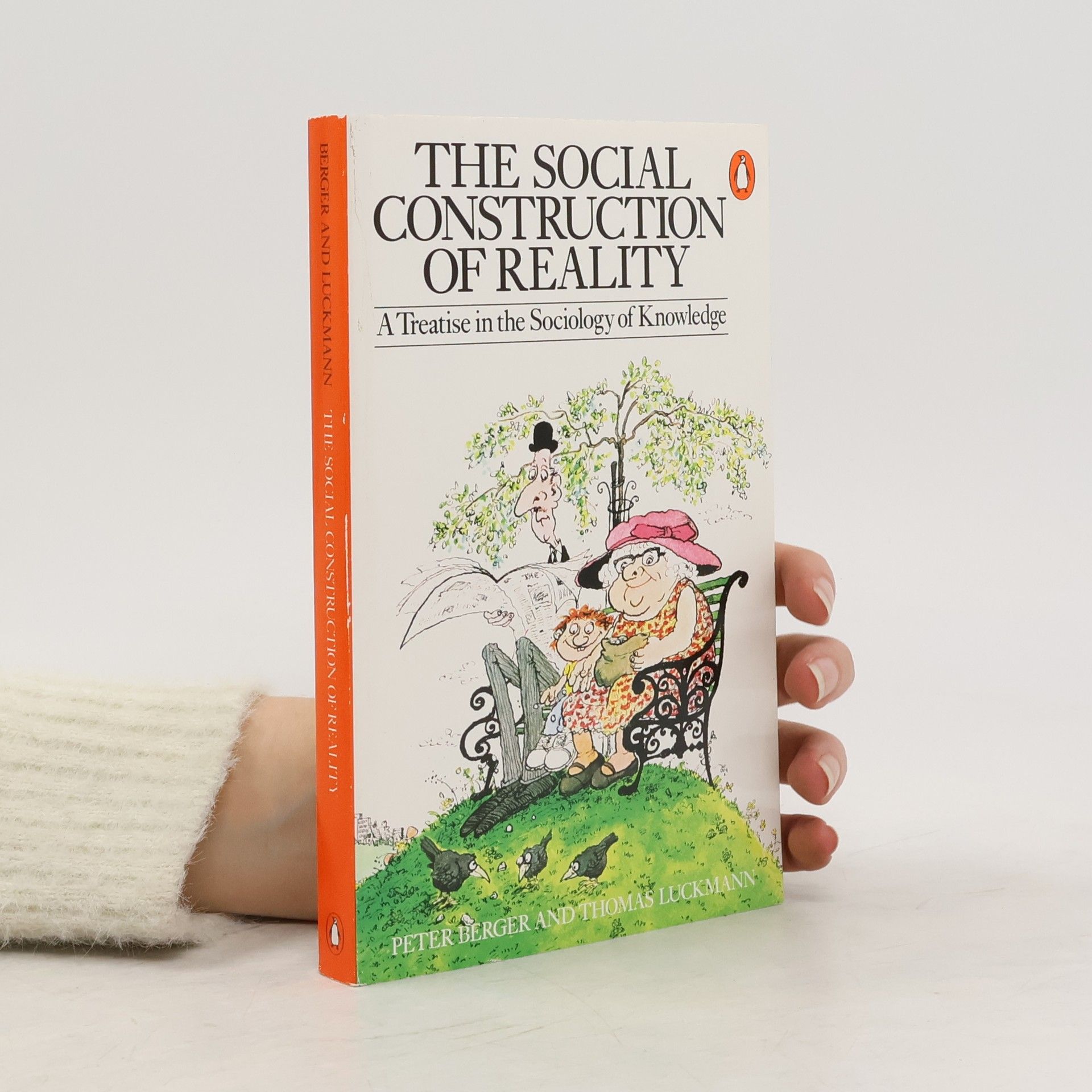Called the "fifth-most important sociological book of the 20th century" by the International Sociological Association, this groundbreaking study of knowledge introduces the concept of "social construction" into the social sciences for the first time. In it, Berger and Luckmann reformulate the task of the sociological subdicipline that, since Max Scheler, has been known as the sociology of knowledge.
Thomas Luckmann Livres
14 octobre 1927 – 10 mai 2016







Offers an account of the role of knowledge in society aimed to stimulate both discussion and investigations. This book presents an analysis of knowledge in everyday life in the context of a theory of society as a dialectical process between objective and subjective reality.
Focusing on the evolution of spirituality in contemporary Western societies, this book contends that modernization does not equate to a decline in religious belief. Instead, it proposes that religion is transforming from traditional, visible institutions to a more subtle and enigmatic presence. By exploring this shift, the author challenges conventional notions of secularization and invites readers to consider the complexities of faith in the modern world.
Die unsichtbare Religion
- 191pages
- 7 heures de lecture
Lebenswelt und Gesellschaft
- 206pages
- 8 heures de lecture
